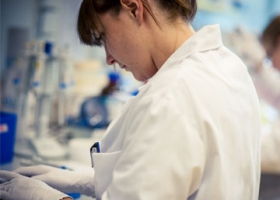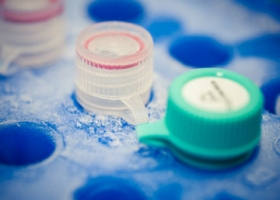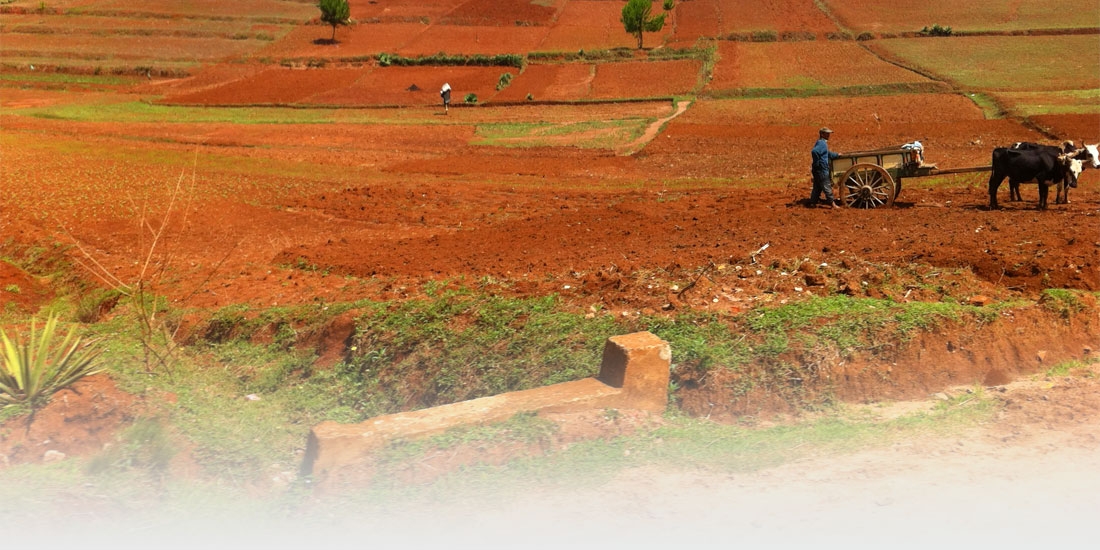-
GenosolIn 2008, Agroecology research unit created platform GenoSol which is designed to provide a logistic and technical structure for the acquisition, conservation, characterization and provision of soil microbial genetic resources (DNA) derived from wide-scale soil sampling (several hundred to several thousand samples corresponding to large spatial and/or time scales).

This platform is a product of the Agroecology unit’s expertise and savoir-faire not only in standardizing molecular tools for the characterization of soil microbial communities, but also in setting up a library and a data base of the microbial genetic resources of soils used to interpret these analyses on a large scale (time, space).
-
Environmental microbiologyThe soil harbours a huge amount and diversity of indigenous microorganisms (about 1 billion bacteria and 100 000 fungi per gram of soil).

Since the development of human activities, the soil has been subjected to numerous environmental perturbations which have led to modifications in the diversity of indigenous microbial communities. These modifications are altering the capacity of soils to provide certain services which intimately involve microorganisms (plant production, quality of the atmosphere, recycling of mineral elements, depollution…). It is therefore essential to characterize the taxonomic and functional diversities of microbial communities so as to be able to assess and predict such modifications of soil biological functioning, which can have important repercussions in terms of agricultural production, public health, and environmental quality.


